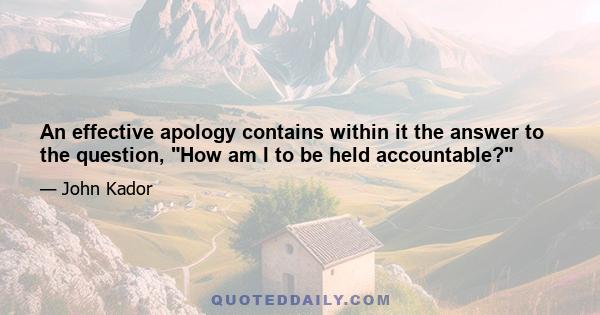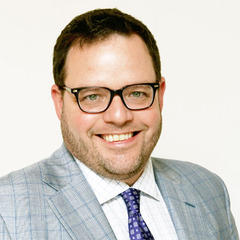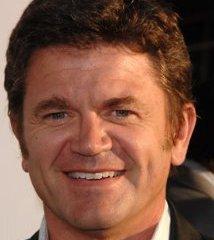John Kador Quotes

John Kador (2009). “Effective Apology: Mending Fences, Building Bridges, and Restoring Trust”, p.21, Berrett-Koehler Publishers
John Kador (2009). “Effective Apology: Mending Fences, Building Bridges, and Restoring Trust”, p.6, Berrett-Koehler Publishers
Apology is the most courageous gesture we can make to ourselves.
John Kador (2009). “Effective Apology: Mending Fences, Building Bridges, and Restoring Trust”, p.3, Berrett-Koehler Publishers
John Kador (2009). “Effective Apology: Mending Fences, Building Bridges, and Restoring Trust”, p.157, Berrett-Koehler Publishers
John Kador (2009). “Effective Apology: Mending Fences, Building Bridges, and Restoring Trust”, p.238, Berrett-Koehler Publishers
John Kador (2010). “Effective Apology: Mending Fences, Building Bridges, and Restoring Trust (Large Print 16pt)”, p.23, ReadHowYouWant.com
John Kador (2009). “Effective Apology: Mending Fences, Building Bridges, and Restoring Trust”, p.156, Berrett-Koehler Publishers
John Kador (2009). “Effective Apology: Mending Fences, Building Bridges, and Restoring Trust”, p.164, Berrett-Koehler Publishers
John Kador (2009). “Effective Apology: Mending Fences, Building Bridges, and Restoring Trust”, p.15, Berrett-Koehler Publishers
John Kador (2009). “Effective Apology: Mending Fences, Building Bridges, and Restoring Trust”, p.3, Berrett-Koehler Publishers
We value apology in the abstract, but turn our backs on it in practice.
John Kador (2009). “Effective Apology: Mending Fences, Building Bridges, and Restoring Trust”, p.5, Berrett-Koehler Publishers
John Kador (2009). “Effective Apology: Mending Fences, Building Bridges, and Restoring Trust”, p.240, Berrett-Koehler Publishers
An apology informed is good; an apology performed is better.
John Kador (2009). “Effective Apology: Mending Fences, Building Bridges, and Restoring Trust”, p.21, Berrett-Koehler Publishers
John Kador (2009). “Effective Apology: Mending Fences, Building Bridges, and Restoring Trust”, p.200, Berrett-Koehler Publishers
John Kador (2009). “Effective Apology: Mending Fences, Building Bridges, and Restoring Trust”, p.18, Berrett-Koehler Publishers
John Kador (2009). “Effective Apology: Mending Fences, Building Bridges, and Restoring Trust”, p.15, Berrett-Koehler Publishers
John Kador (2009). “Effective Apology: Mending Fences, Building Bridges, and Restoring Trust”, p.173, Berrett-Koehler Publishers
John Kador (2009). “Effective Apology: Mending Fences, Building Bridges, and Restoring Trust”, p.240, Berrett-Koehler Publishers
Apology is not for the faint of heart, but then, neither is life.
John Kador (2009). “Effective Apology: Mending Fences, Building Bridges, and Restoring Trust”, p.240, Berrett-Koehler Publishers






